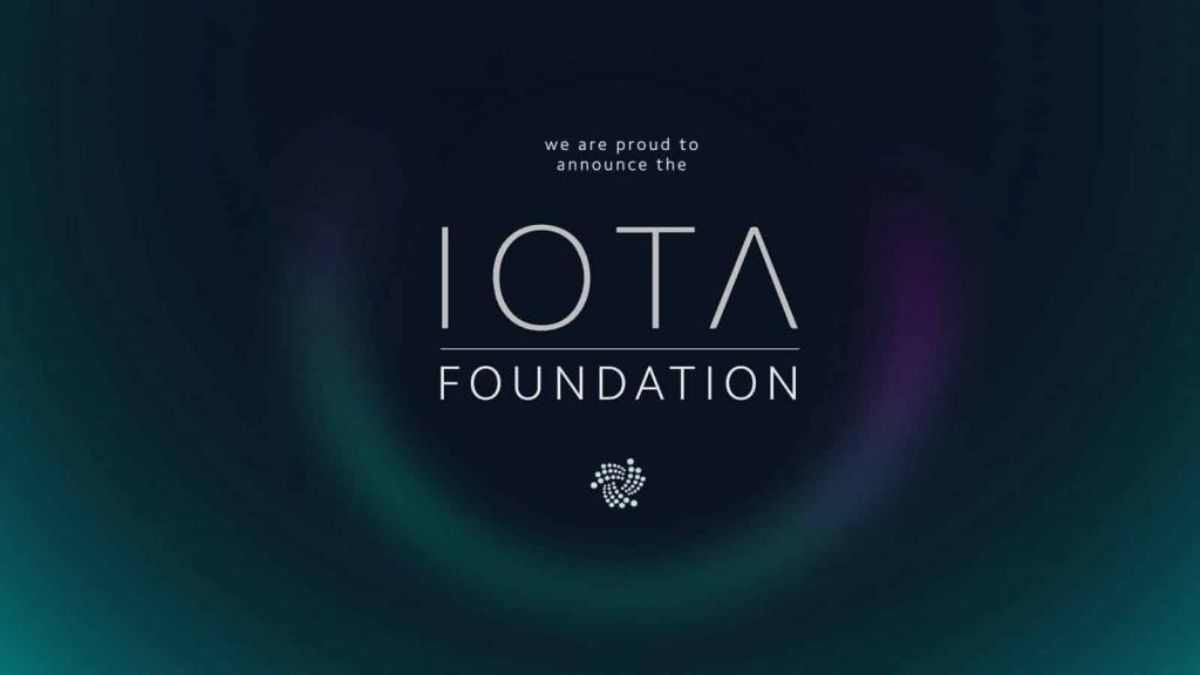In the wake of growing carbon footprint concerns, IOTA joins Dell to develop real-time carbon footprint data. The two will also be joined by ClimateCHECK and BioE. These institutions are poised to work together to accurately track carbon footprints in real time in an effort to educate individuals and other organizations about the impact of their carbon footprint and how to limit it. This iconic collaboration was confirmed on Twitter by the Dell Edge Solutions team. The team is mandated to empower Dell customers with digital skills that can add value to their businesses. Looking to capitalize on emerging blockchain technology, it comes as no surprise that the tech giant has looked to IOTA as a partner. As CNF reported late last month, the IOTA Foundation investigation found that the IOTA network is one of the most energy efficient networks in the world. According to preliminary results, IOTA only consumes 0.000009 percent of the Bitcoin network. With the promise of further improvements that will make IOTA’s Distributed Ledger Technology (DLT) an advanced access control algorithm that does not involve PoW, the network promises to become even more energy efficient with further improvements. In collaboration with climate change-focused technology companies ClimateCHECK and BioE, Dell and IOTA are poised to develop a solution in addition to Dell’s internal Data Confidence Fabric (DCF) and Project Alvarium initiatives. IOTA has been working on the Alvarium Project since its inception in 2019. The project provides real-time carbon footprint tracking through a trusted fabric of data. Speaking about the new collaboration, Mathew Yarger, Head of Sustainability at the Iota Foundation, stated;
Transparency and trust in data are critical to addressing the global issues of climate change and the transition to climate action.
With the four organizations developing an integrated digital measurement, reporting and verification (MRV) tool, Yarger adds that they hope to see the issue of climate change addressed on a level never seen before. One of the main and largest producers of greenhouse gas emissions is transportation. This is produced primarily from the burning of fossil fuels for cars, trucks, ships, trains, and planes. The sector reportedly accounts for nearly 27% of greenhouse gas emissions as of 2020. On a personal level, people are encouraged to avoid driving to work or traveling unnecessarily. Likewise, it is recommended to buy only what is necessary to avoid waste.
There are increasing calls for people and businesses to take climate action to limit their carbon footprint. The two main polluters in the world are China and the US with the aim of reducing the effects of the crypto industry, the White House is preparing recommendations to reduce energy consumption and emissions from cryptocurrency mining that will be published in a report in the next months. In New York, the state recently passed a bill that bans all crypto mining that relies on carbon as an energy source. Despite continued regulatory pressure in the US, market experts led by Block’s Jack Dorsey (formerly Square) and Michael Saylor of MicroStrategythere is a significant shift in crypto mining energy sources going green.

